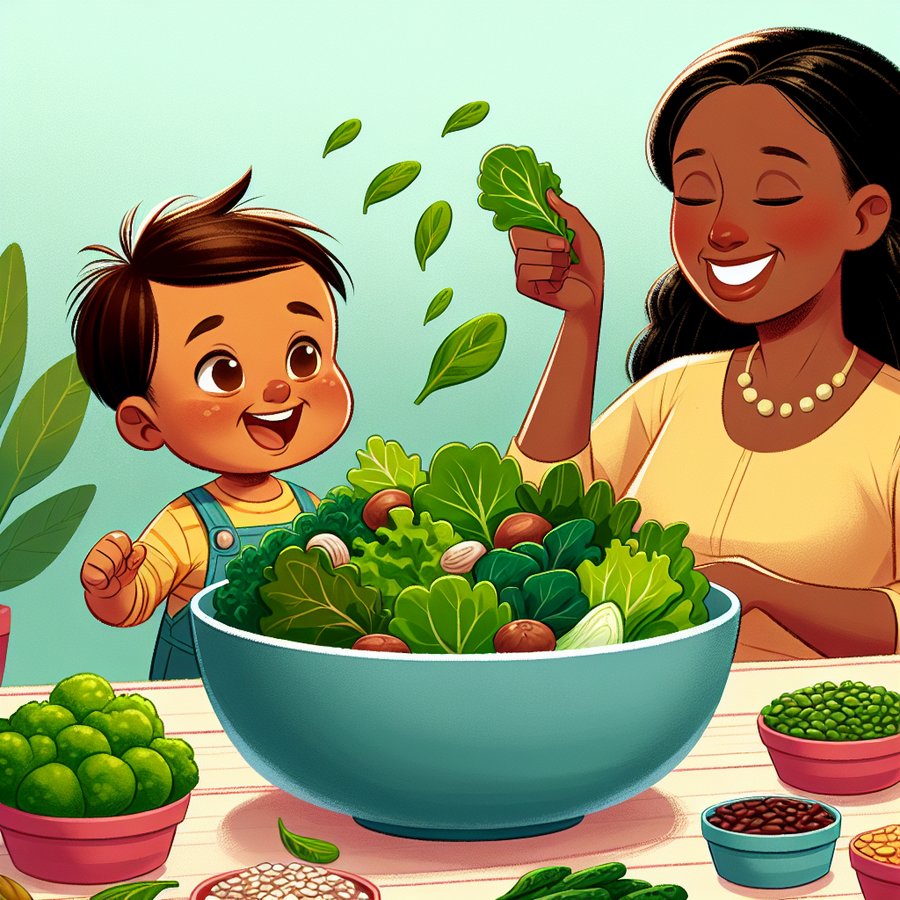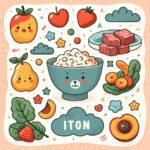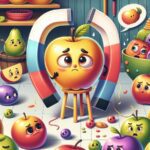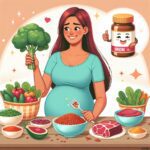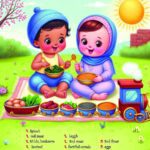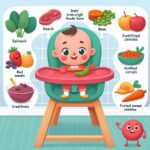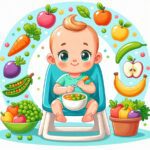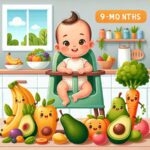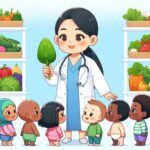Tackling iron deficiency anemia in vegetarian toddlers is a crucial aspect of ensuring their overall health and development. While a vegetarian diet offers numerous health benefits, it may sometimes lack sufficient iron, particularly heme iron, which is more readily absorbed by the body and predominantly found in meat sources. However, with careful planning and knowledge, parents can ensure their vegetarian toddlers receive the iron they need for healthy growth.
The Importance of Iron in a Toddler’s Diet
Iron plays a vital role in a toddler’s development, being essential for the production of hemoglobin, which carries oxygen in the blood. An iron-deficient diet can lead to anemia, characterized by symptoms such as fatigue, weakness, and delayed cognitive and physical development. Therefore, understanding the significance of iron and how to incorporate iron-rich foods into a vegetarian diet is fundamental.
To learn more about introducing solid foods to young vegetarians, parents might find this article helpful, as it offers insights into tackling potential food allergies while ensuring nutritional needs are met.
Sources of Iron for Vegetarian Toddlers
Finding adequate sources of iron for vegetarian toddlers involves focusing on plant-based foods rich in non-heme iron. Legumes, lentils, fortified cereals, leafy green vegetables, and iron-fortified whole grains are excellent sources. Additionally, consuming foods high in vitamin C alongside iron-rich foods can enhance the absorption of non-heme iron, making it more comparable to the heme iron found in meat.
For parents seeking creative ways to incorporate these iron-rich foods into their toddlers’ diets, this guide offers practical and delicious strategies. Moreover, understanding top iron-rich foods for babies can provide a foundational knowledge for early dietary planning.
Tackling Iron Deficiency Anemia in Vegetarian Toddlers
Monitoring and managing iron intake is essential for preventing iron deficiency anemia in vegetarian toddlers. Regular blood tests can help in detecting anemia early, and dietary adjustments can be made accordingly. In some cases, pediatricians might recommend iron supplements specifically designed for young children to ensure they receive the necessary amount of iron.
Parents concerned about their toddler’s iron levels and overall nutrition might also find valuable information in Combating Iron Deficiency Without Meat in a Toddler’s Diet. This resource is particularly beneficial for those navigating the challenges of ensuring a balanced vegetarian diet.
Additionally, incorporating a vegan baby nutrition plan from an early age can lay the groundwork for meeting a child’s nutritional needs, including iron, through carefully selected plant-based foods.
For further reading on how to enrich a vegetarian toddler’s diet with iron, the Centers for Disease Control and Prevention offers a comprehensive guide on iron and its importance for infants and toddlers.
In conclusion, while managing iron deficiency anemia in vegetarian toddlers requires attention and care, it is entirely feasible with the right knowledge and resources. By emphasizing iron-rich foods, enhancing iron absorption with vitamin C, and considering supplementation when necessary, parents can ensure their vegetarian toddlers thrive with optimal health.

